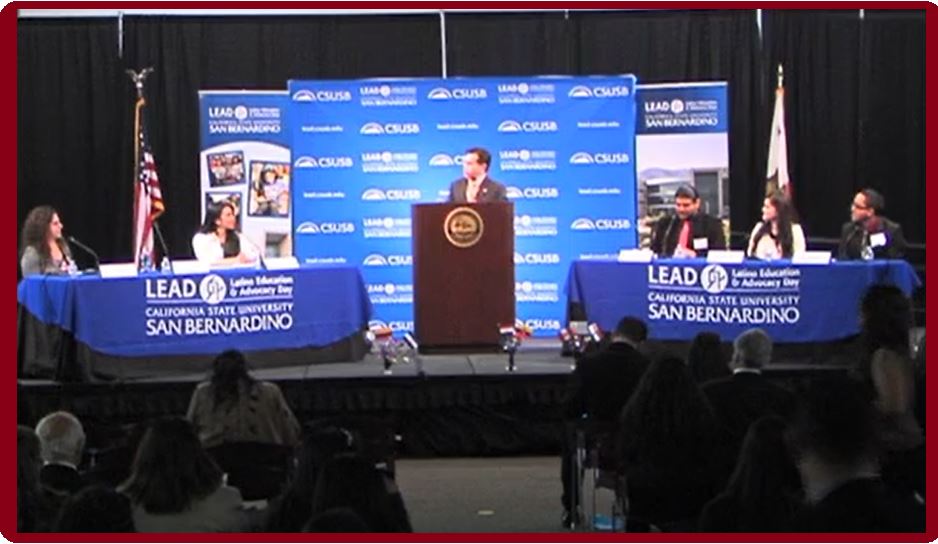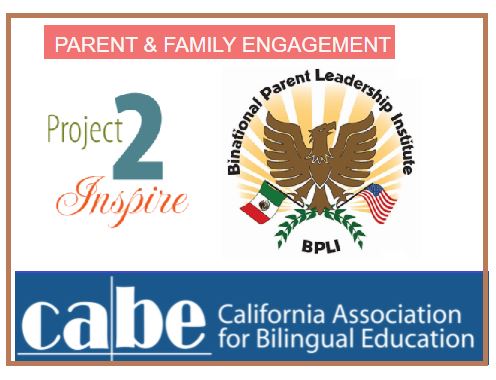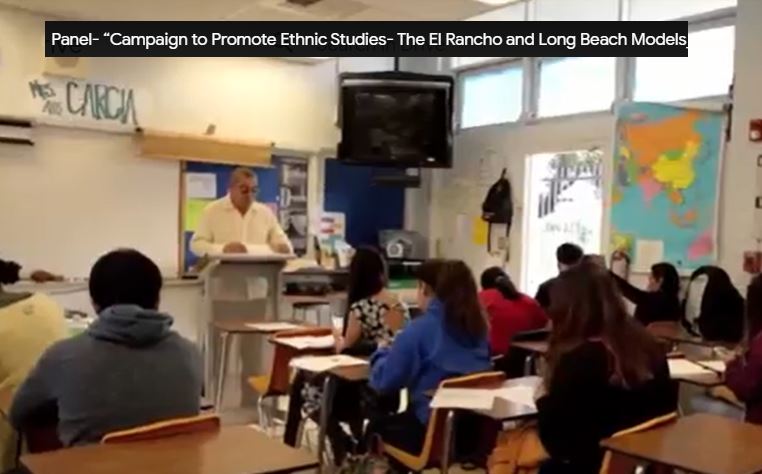Reies López Tijerina was born on a mound of cotton sacks on Sept. 21, 1926, near Falls City, Texas, to a family of migrant workers. In his early life he served briefly as a minister with the Assemblies of God before founding a utopian community in Pinal County, AZ, in the early 1950s. He had risen from general obscurity as a roaming country preacher in the Southwest to international fame as one of the most daring revolutionary figures in United States history.
Tijerina created the Valley of Peace religious center in Southern Arizona in 1956. At about this time Tijerina learned of many families in the state of New Mexico who had been dispossessed of their ancestral lands. Tijerina had a mystic vision which he interpreted as a calling to move to New Mexico to help the Hispanos there reclaim legal jurisdiction over ancient land grants. He took up the cause of land-grant restoration in the 1960s and is best known as one of the earliest pioneers, and among the most influential social activists of the Mexican-American or Chicano Civil Rights Movement (although he best prefers the term Indo-Hispano). He is routinely identified as a warrior in the early social movements, along with César Chávez, the farm labor organizer in California; Colorado Chicano activist Rodolfo "Corky" Gonzales; and La Raza Unida Party co-founder José Angel Gutiérrez in Texas.
Reies López Tijerina founded the Alianza Federal de Pueblos Libres (Federal Alliance of Land Grants) in New Mexico to reclaim Spanish and Mexican land grants held by Mexicans and Native Americans before the U.S.-Mexican War (nearly 100 million-acres). The Treaty of Guadalupe Hidalgo, signed after the U.S. victory over Mexico, guaranteed Mexican citizens the retention of their land grants. The Alianza hoped to reclaim ownership of land through the courts of New Mexico; however, it was determined in a court ruling that the United States Congress was the arbitrator on issues of land rights based on international treaties.
Tijerina became famous when on June 5, 1967 he led an armed raid on the Rio Arriba County Courthouse in Tierra Amarilla, NM. This event brought the issue of land rights to national attention and became a stimulus for the Chicano movement. The raid climaxed in a 90-minute shoot-out at the court house of Tierra Amarilla when Alianzistas tried to make a citizen’s arrest of certain New Mexican officials. The incident turned New Mexico into a battleground and put Tijerina on the front pages of the world’s newspapers.
In 1968, Tijerina unsuccessfully ran for governor of New Mexico with The People's Constitutional Party. He also collaborated closely with the Rev. Martin Luther King Jr. on the Poor People's Campaign. Although Tijerina was found not guilty of the charges related to the courthouse raid, he eventually was convicted of charges stemming from the occupation of the amphitheater. He was jailed repeatedly and between June of 1969 and July of 1971 was held at in a federal penitentiary which led to the eventual dissolution of the Alianza, given the conditions of parole which included he could not speak about or lead any organization that addressed land grant issues.
They Called Me “King Tiger”: My Struggle for the Land and Our Rights is Reies López Tijerina’s autobiography. In it, he archived his actions during the uprooting of the 1960s Mexican-American Civil Rights Movement. He was the only one of the group to keep a record of his work to explain what brought him and his Federal Land Grant Alliance members to break the law. Challenging the New Mexico and national authorities, reclaiming part of a national forest reserve, and invading and taking over a courthouse won him the admiration of many young activists then and now.
At the time of this filming, Reies López Tijerina lived in El Paso, TX with his wife Esperanza where they continued to speak out on indigenous land issues. Before his death in 2015 at the age of 88 years old, he had received numerous awards, including the Mexican government's “Ohtli” award in 2009 for his lifetime commitment to human and civil rights, and his enduring work and sacrifice to protect and improve the lives of generations of persons of Mexican descent living in the United States. In 2011, the city of Las Vegas, N.M., also presented him a key to the city.
Speaker:
Red Carpet Hosts:
- Maribel Aragon and Aaron Sanchez
CSUSB - Latino Education and Advocacy Days (LEAD), "Legacy Address: “Reies López Tijerina: Face of a Movement and Spirit of a Cause”" (2012). Latino Education and Advocacy Days (LEAD) Video Recordings. 46. https://scholarworks.lib.csusb.edu/lead/46

This segment is date/time stamped: March 28, 2012; 1:00PM Many times as educators and policymakers we fail to survey the opinions of some of...

The California Association for Bilingual Education (CABE) 2-INSPIRE Program works with parents to increase their knowledge about schooling to ensure that parents have vital...

This presentation has been made possible by the California-Mexico Studies Center, El Rancho Unified School District and LEAD, as co-conveners of the Campaign to...